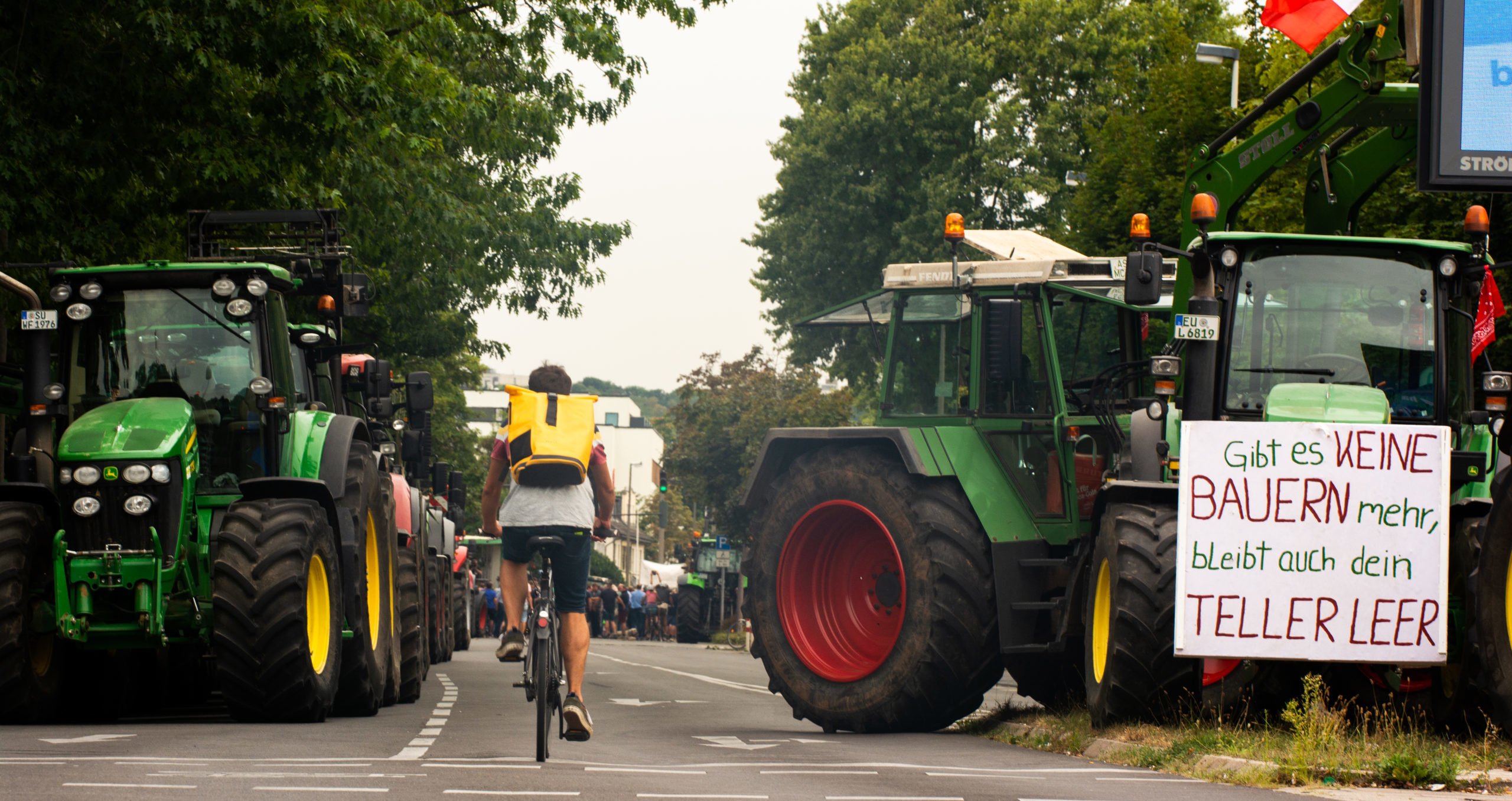In the midst of the current global energy crisis, it can be helpful to look at how past societies dealt with similar problems. It is almost forgotten today but, as the author Vaclav Smil has pointed out in his most recent book, the industrialised world at the end of the 19th century was on the brink of serious food shortages, as the combined populations of Europe and North America grew from 300 million to 500 million between 1850 and 1900. Farmland became short in supply, so the only way to avoid a Malthusian nightmare of mass starvation was to find ways to increase agricultural output per acre.
Unlike today, however, instead of panic the people in charge responded with a faith in science that was typical for the 19th century, and they were not disappointed. The key to solving the problem was the production of synthetic fertiliser via the synthesis of ammonia, a process developed and made ready for mass use in the German city of Oppau by 1913. Known today as the “Haber-Bosch process” (named after the two leading figures for both development and commercialisation), a cure for the dread of famine had been found. It was no coincidence that China’s first large-scale import after opening up its economy in the 1970s was 13 ammonia-urea plants from the United States.
The can-do spirit of the period should put us to shame, since we are about to let the genie of food shortages out of the bottle again, for no other reason than ideological blindness. As has become increasingly clear, the energy crisis is not isolated to a few sectors of the economy but instead affects everything that makes a modern economy run. In the early weeks of last year the focus was on electricity and heating, but now the contagion of rising energy prices has spread to other areas as well. Germany’s pig herds, for example, have shrunk by over 20% since 2020 amid rises in production costs of almost 47%.
But it is not only the energy crisis that makes food production more expensive. The European Union is on a silent crusade against the use of synthetic nitrogen and synthetic fertilisers more generally, thereby attempting to reverse the achievements of the Haber-Bosch process that feeds billions around the world. Germany — a world leader when it comes to ideology struggling against reality — wants 30% of agricultural lands to use only organic farming methods, at a time when more and more Germans can no longer afford to buy organic products in the supermarket.
From energy to food production, Western countries are engaged in a race towards more inefficient means while promising pie-in-the-sky results to their populations. The reality, however, is that the promise of a nuclear-free, wind and solar-powered, exclusively organic farming country is less a utopia, more a dystopia that could only be achieved through a massive reduction of living standards for the lower and middle classes. To consider weakening one’s own grain production at a time when Ukraine’s grain exports are dropping by 30% is carrying over a suicidal energy policy to a farming context.
There is the delusional hope that a mild winter will make all problems disappear by next spring though, since the root cause is Europe’s ideological confusion, this seems increasingly unlikely.











Join the discussion
Join like minded readers that support our journalism by becoming a paid subscriber
To join the discussion in the comments, become a paid subscriber.
Join like minded readers that support our journalism, read unlimited articles and enjoy other subscriber-only benefits.
Subscribe